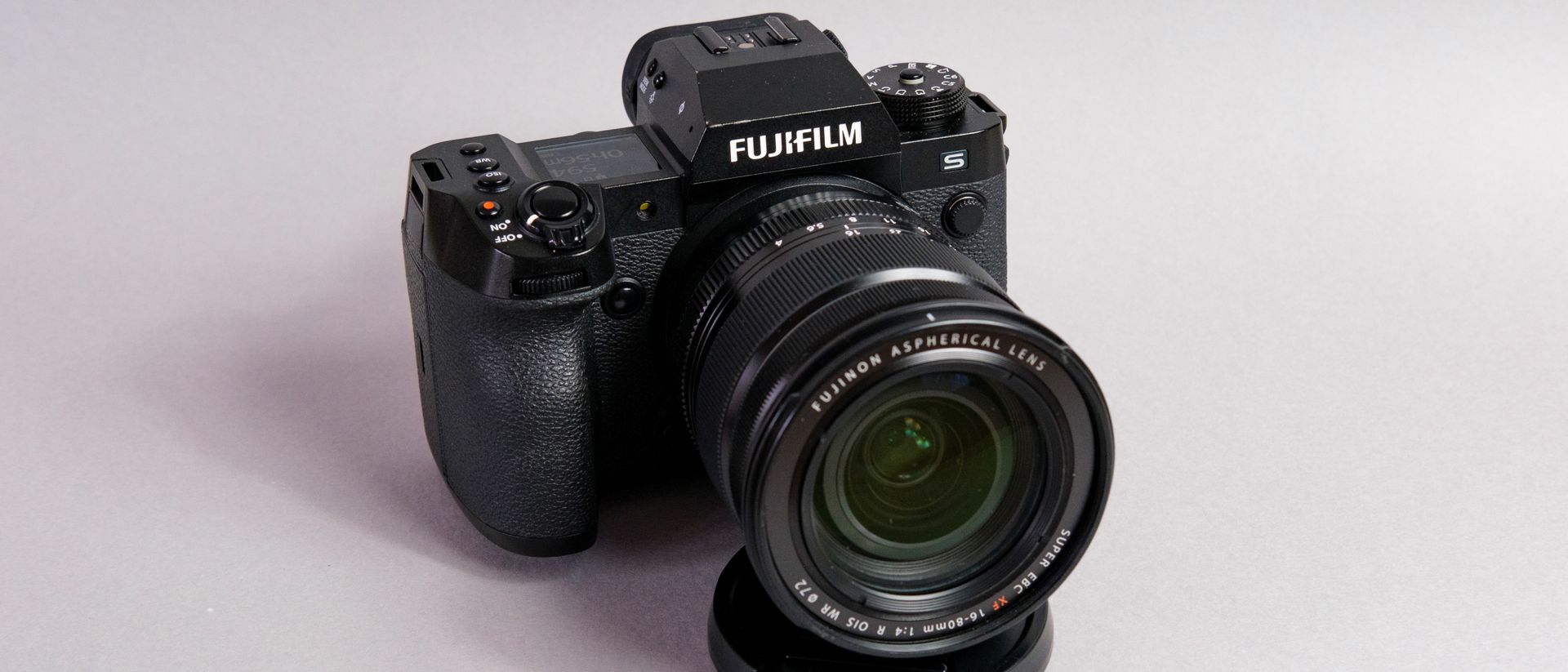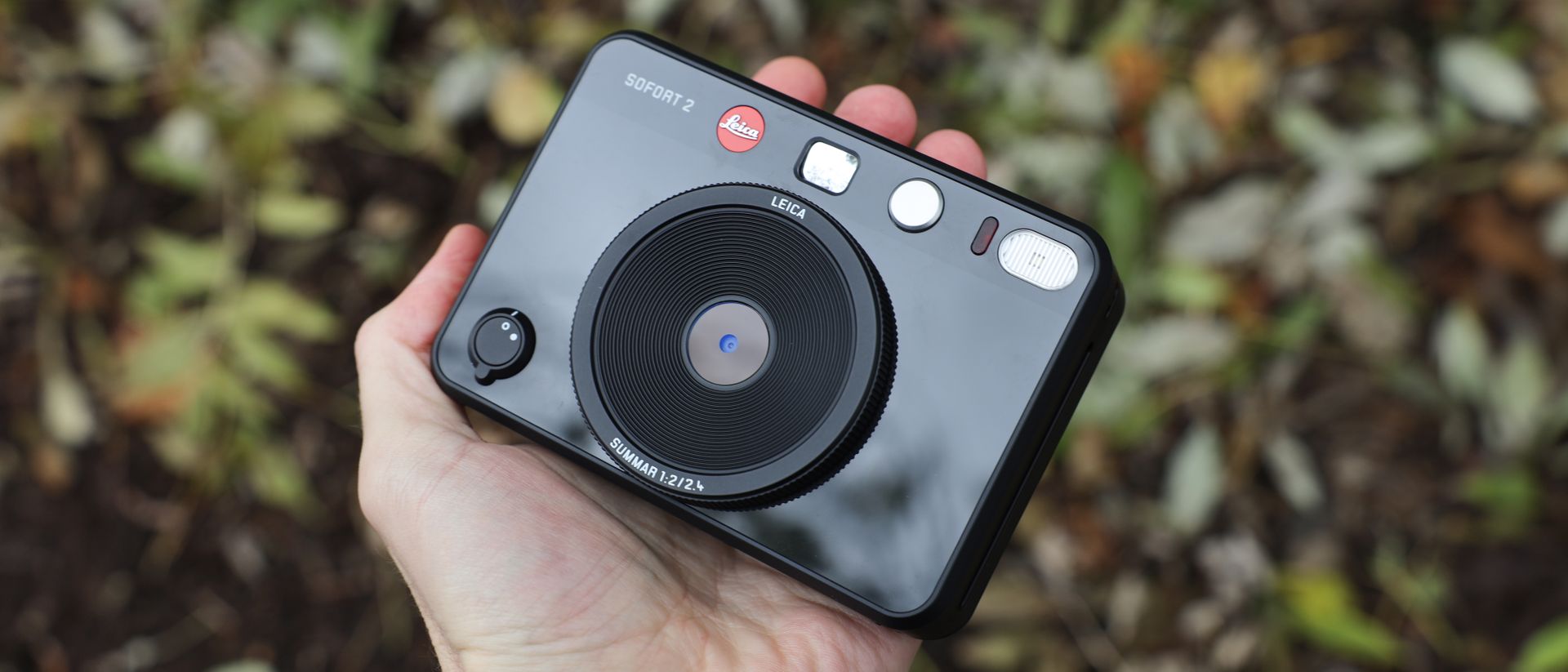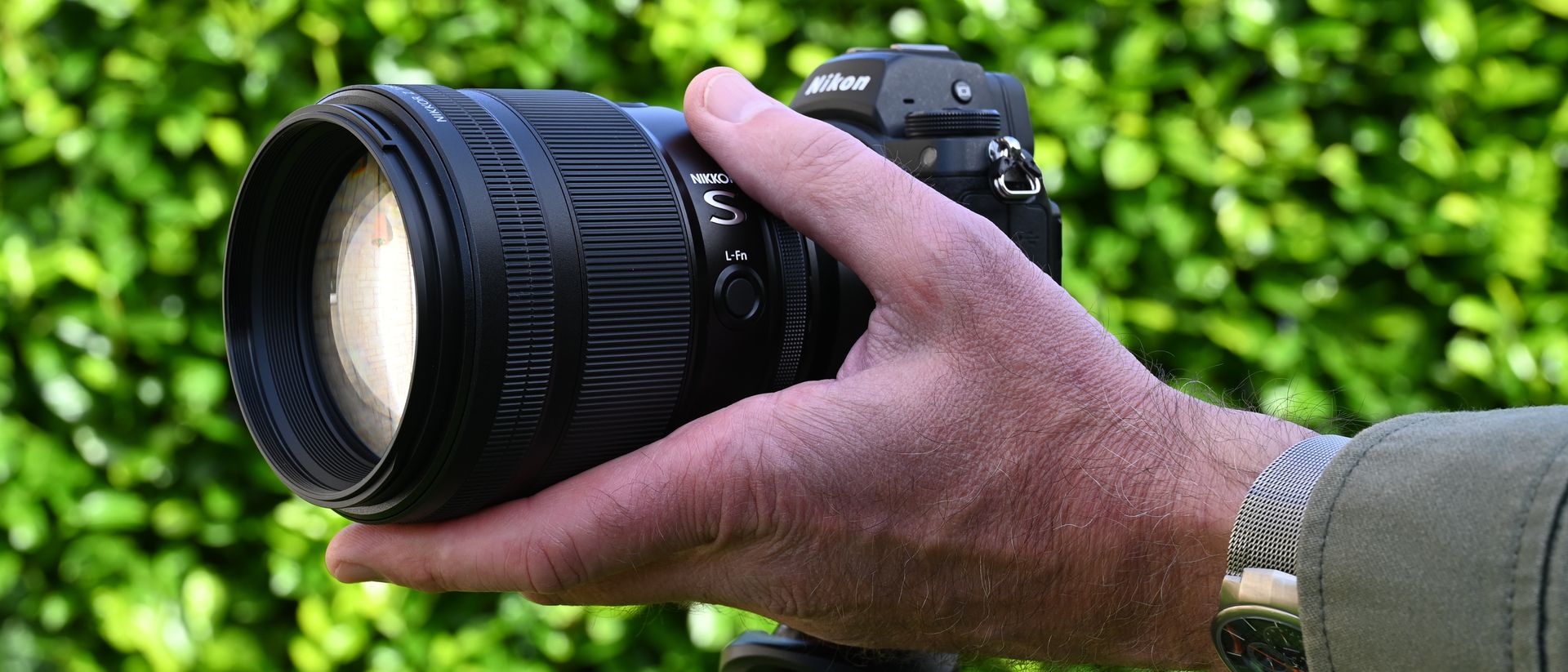Trade in DJI Air 2S
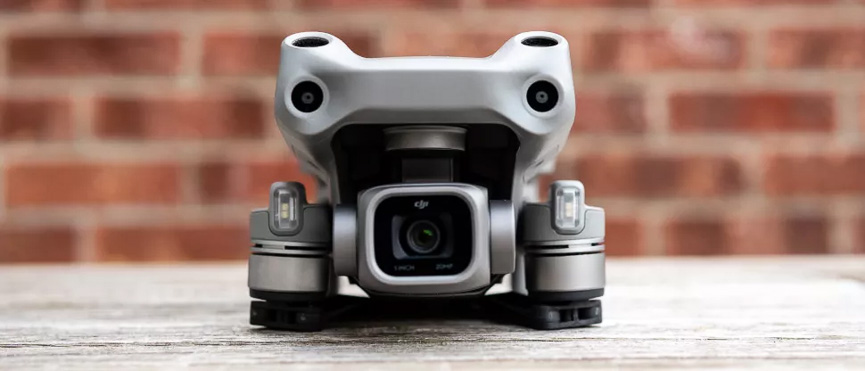
(Image credit: Future)
Two-minute review
Hot on the heels of the DJI FPV, the drone giant shows no signs of slowing with the announcement of the DJI Air 2S. And while the name suggests only an incremental upgrade on the Mavic Air 2, there’s a lot in this new model to whet the appetite of consumer and professional drone pilots alike – most importantly, a 1-inch sensor packed inside a compact drone.
The headline feature of the DJI Air 2S is the 20MP 1-inch sensor, which improves image quality and provides an improved high ISO response compared to the Mavic Air 2. Then there’s the ability to capture 5.4K video at 30fps, alongside 4K at up to 60fps, as well as 1080p at up to 120fps, which opens up significant creative potential for capturing video. Even better, this larger sensor camera has increased the weight of the drone compared to the Mavic Air 2 by just 25g.
Another feature being hyped by DJI is the Air 2S’ digital zoom, which starts at 4x with 4K at 30fps video and goes up to 8x zoom with 1080p at 30fps. This feature may not sound all that exciting from the outset, but with the laws that govern how close to people drones can safely fly (no closer than 50m, in most cases), it allows you to get close while maintaining that safe distance. For professional drone pilots, this could be an extremely useful feature, and for enthusiasts it will open the door to more creative stills and videos.
Image quality overall is excellent, and the noise levels at high ISO settings are much better than those from the Mavic Pro 2. However, images are slightly softer at the edges and the aperture is fixed at f/2.8, so the only way to control exposure during video recording is with the use of ND filters. Still, just like the Mavic Air 2 Fly More Bundle, the Air 2S Fly More Bundle also includes four ND filters, so we’d recommend going for that if you can.
- These are the best drones you can buy right now
DJI Air 2S price and release date
- Announced 15 April 2021
- Standard kit costs £899 / $999 / AU $1699
- Fly More Bundle costs £1,169 / $1,299 / AU $2,099
If you’d like to get your hands on this exciting new drone, we have good news – it’s available to buy right now from the DJI store.
As is often the case with DJI drones, the Air 2S is available in a standard kit or Fly More Bundle. The standard kit consists of the drone, controller, one battery, propellers, a charger and all cables, and costs $999 / £899 / AU $1,699.
We are Tradelectronics, licensed second-hand electronics dealer located in Sydney CBD, experts in trading used laptops, old cameras & lens, and used mobile phones. Fast, Reliable & We Pay More! Get a free quote on your favourite WhatsApp, Facebook, SMS & Email, instant reply!
| Click icon for WhatsApp Quote | Click icon for facebook Quote |
 |
 |
- We are open from Mon – Sat 12pm – 7pm
- Get your free quote from WhatsApp and Messenger are highly recommended, we can guide you through in finding the accurate specs for your laptops, cameras & lens, mobile phones as well. As such we can provide a more precise quote for you.
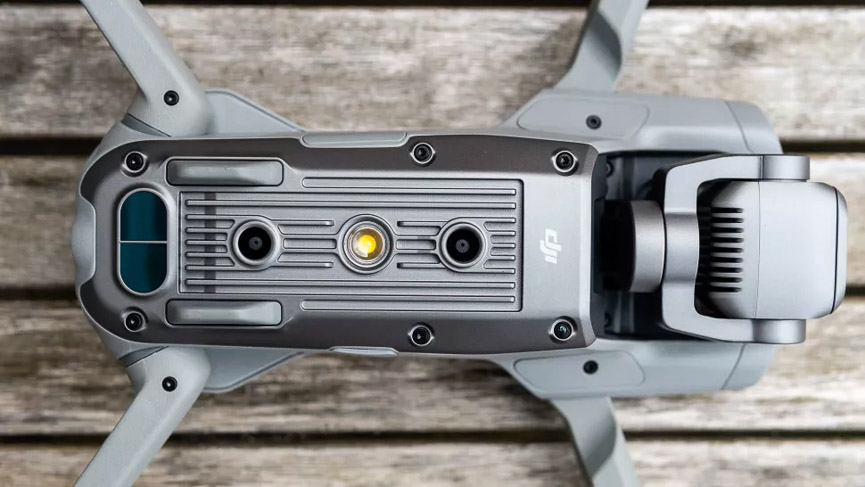
(Image credit: Future)
The Fly More Bundle is great value at £1,169 / $1,299 / AU$2,099, because along with getting everything in the standard kit, you also get two additional batteries, a three-battery charging hub, a shoulder bag and a set of four ND filters.
As always, the Fly More Bundle offers the greatest value for money because getting all of those extras separately would cost much more. Plus, pretty much everything in the bundle is essential, because one battery is never enough and, if you plan to shoot video, you will need ND filters to maintain control of shutter speed. As for the shoulder bag – well, you’ll definitely need something to carry your drone and accessories in, too.
Design and controller
- The Air 2S weights just 595g
- It has a compact, foldable design
- Also has the same controller as the Mavic Air 2
On the outside, the Air 2S looks extremely similar to the Mavic Air 2, with just a few subtle differences. As you’d expect, it features the folding design that Mavic drones are known for (even if DJI has now dropped the Mavic name). The front arms swing out, while the rear arms rotate down and out for flight and help keep the drone highly transportable.
The Air 2S is small at just 180×97×80mm when folded, and 183×253×77mm when unfolded. It’s barely any different to its predecessor, but that puts the folded length at 4mm shorter than the Mavic Air 2. And at just 595g, the Air 2S is just over half the weight of the DJI Mavic 2 Pro and just 25g heavier than the Air 2, which is very impressive considering its larger camera.
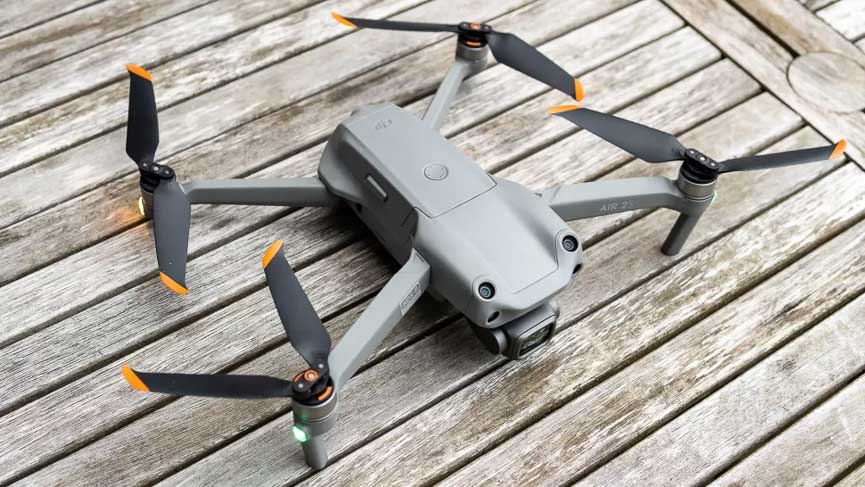
(Image credit: Future)
The controller is the same as the one you get with the Mavic Air 2. Unlike the Mavic 2 Pro’s controller, though, it isn’t foldable and is larger with a weight of 393g. While it connects to the aircraft faster than the Mavic 2 controller it, unfortunately, doesn’t offer a simple screen showing basic flight and camera information.
Without the folding arms to support a phone, the phone attaches to the top of the controller using a telescopic grip, and the control sticks are stored in rubberized sections at the bottom of the controller. It’s a comfortable controller to use, but it’s a shame it’s larger and heavier than the Mavic 2 Pro and Mavic 2 Zoom’s controller.
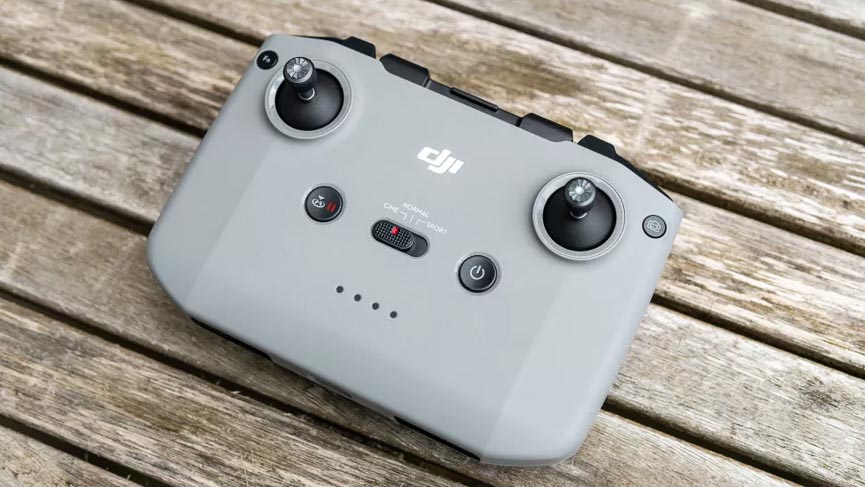
(Image credit: Future)
Still, the controller’s extra size isn’t the end of the world, and the combined size and weight of the drone and its controller remain low. A basic screen to display information plus a couple of additional programmable FN (function) buttons on the back of the controller would be useful, but aren’t essential.
This relatively basic controller means that all camera controls – except releasing the shutter, switching from video to stills, and anything you program to the FN button – need to be done through the DJI Fly app.
Again, this is the same setup at the Mavic Air 2, apart from that Tripod Mode is now called ‘Cine mode’ and is labelled as such on the flight mode switch, offering Normal and Sport modes besides.
Features and flight
- Upgraded safety features
- A new MasterShots flight mode
- Real-world flight times around 20 minutes
Flying the DJI Air 2S is extremely easy, and indeed safe, thanks to the flight features that the Mavic series have become well-known for. Whether you’re an absolute beginner or a seasoned expert, the flight modes, automated video modes, collision avoidance and manual flight control provide as little or as much assistance as you need.
The Air 2S features all of the camera functions you’d expect including Single Shot, Timed Photo, AEB (Auto Exposure Bracketing), HDR, Panoramas and Hyperlapses. Plus, there’s a new SmartPhoto mode that records full-resolution photos using scene analysis and deep learning to automatically choose the best of three options – HDR, Hyperlight and Scene Recognition – for your photo.
This is great for photography beginners who want to capture a high-quality image with minimum effort, but not so much for more advanced users. Still, if you’re capturing stills in raw+JPEG mode, the JPEG will be processed as a SmartPhoto while the Raw file will be unprocessed, so you can edit it yourself if you wish.
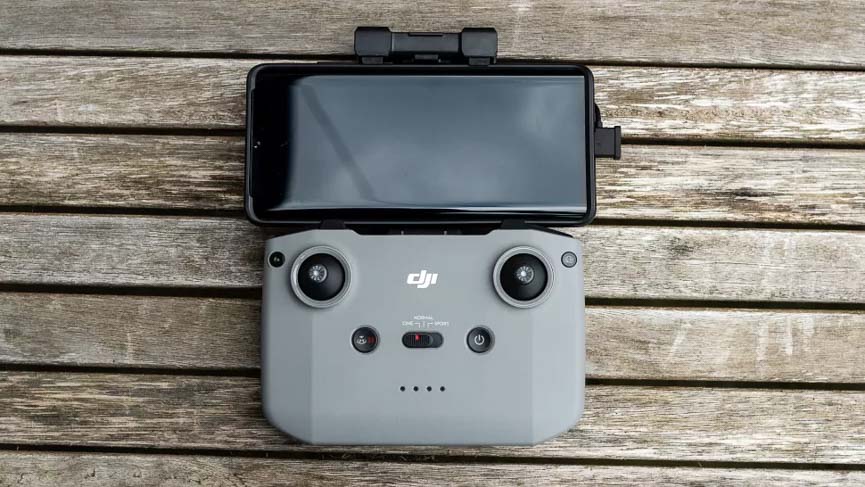
(Image credit: Future)
Video users also get the usual QuickShots, which are DJI’s automated camera moves – for example, choose ‘Boomerang’ and the drone will automatically circle around you. These have apparently been upgraded on the Air 2S, although we didn’t notice much difference in testing – everything just worked. These modes include Rocket, Circle, Dronie, Helix and Asteroid, and they’re another big bonus for beginners looking to quickly shoot a pro-looking video.
The Air 2S also has an upgraded FocusTrack mode, which includes several programmed modes where you draw a box around the subject and the drone will track it. Plus, there’s Spotlight 2.0, where the drone’s flight is controlled by the pilot, while the camera locks and tracks the subject in the frame.
The new MasterShots mode sounds exciting on paper and it does produce an interesting result. But it’s perhaps more of a showcase of all the QuickShots in a single video, rather than something to be used regularly. You’ll likely try it a few times, then move onto QuickShots or manual flight control to capture more unique camera movements.
With MasterShots, you select a subject in the app by drawing a rectangle or square around it, then press the start button. The drone will then perform several maneuvers with a countdown timer showing its progress. The drone will automatically select a capture mode to shoot the video in, and then once it’s complete you can then add themes in the DJI Fly app to create a video to share.
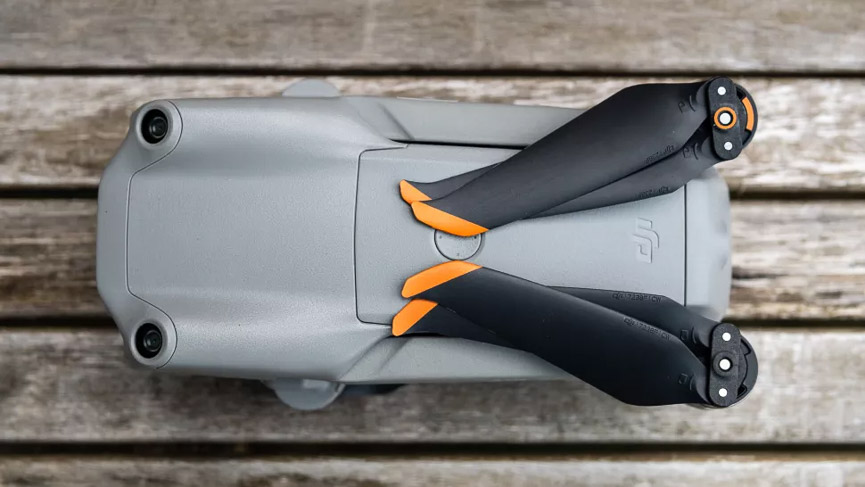
(Image credit: Future)
In terms of safety features, the Mavic Air 2S provides front, rear, bottom and top obstacle sensors that use binocular zooming technology to recognize objects from further away when traveling at speed. Also, when Advanced Pilot Assistance System (APAS) 4.0 is enabled, you can set it to stop the drone or to fly it autonomously around, under or over obstacles when they’re detected, to help maintain continuous flight.
Another safety feature, which was first introduced to consumer drones with the Mavic Air 2, is AirSense. This feature uses ADS-B aviation technology to receive signals from nearby planes and helicopters, and displays their locations on the on-screen map on the DJI Fly app. Then there’s the GEO 2.0 geofencing system, which helps to keep the drone away from locations such as airports. Overall, DJI certainly has the safety angle covered with the Air 2S, though you’ll of course need to heed the usual drone laws.
The maximum flight time of the Air 2S is a respectable 31 minutes, although that’s three minutes less than the Air 2. This claim is for when there’s no wind, so when factoring in the weather and the Return-To-Home function (which kicks in when the battery reaches 25%), we found that flight times are often around 20 minutes per battery, depending on your conditions.
Video and image quality
- 1-inch 20MP sensor
- Shoots up to 5.4 K video
- Clean images even at high ISO settings
It doesn’t matter how many bells and whistles you put on a drone, it’s the image quality that’s often the most important feature. And the Air 2S undoubtedly delivers here.
It features a 20MP 1-inch sensor, with the camera providing an 88-degree field of view or a full-frame equivalent focal length of 22mm. Like the Mavic Air 2, the Air 2S also unfortunately has a fixed f/2.8 aperture (more on that later) with a focus range of 60cm to infinity.
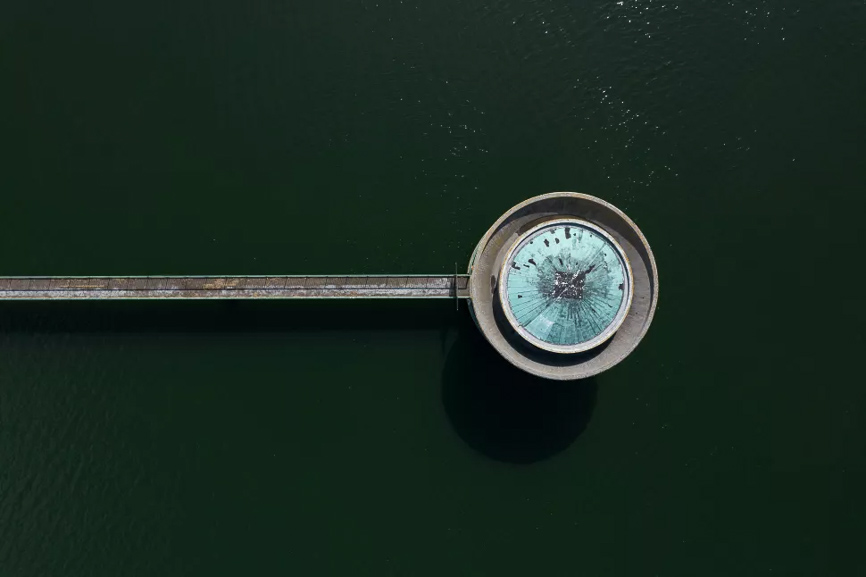
(Image credit: Future)
Still images appear to be slightly softer at the edges than those from the Mavic 2 Pro, even when the Pro’s aperture is set to f/2.8. But while noticeable in a side-by-side comparison, this drop in sharpness is extremely minimal and is no reason to choose one drone over the other. In video, however, the image is sharp across the frame.
The most significant improvement in image quality over the Mavic 2 Pro has to be the high ISO noise handling of the Air 2S. Images shot at ISO 3200 are surprisingly clean for a drone, even one with a 1-inch sensor. It’s only at ISO 6400 where noise becomes more noticeable.
In a nutshell, ISO handling is significantly better than the Mavic 2 Pro, which will make it possible to shoot at higher ISO settings, when necessary in low-light conditions, without having to deal with prominent chroma and luminance noise. In fact, the Air 2S blows the Mavic 2 Pro out of the water in this respect.
However, there is a reason for this. The raw files from the Air 2S are so clean because, as DJI told us, ‘temporal denoising technology’ is applied to them to reduce high ISO noise. The results are fantastic, but it does raise an important question: is a raw file actually a raw file if any kind of processing is applied?
Correcting any supposed negative issues in raw files using in-camera processing could set us down a dangerous path where consumers may lose faith in products such as cameras and drones if they can’t be sure that results are fair and true.
In terms of video, it’s possible to shoot 5.4K at up to 30fps, 4K at up to 60fps and Full HD at up to 120fps, so slow-motion video is available. There’s also the 8x digital zoom, which starts at 4x with 4K at 30fps video and goes up to 8x with 1080p at 30fps. Zoom recording isn’t available while shooting 10-bit videos or 120fps videos though, sadly.
As you can see below, video quality when using the zoom is good if you simply zoom in 2x at any resolution. But going in further looks, well, like a digital zoom has been used, because of the huge drop in image quality.
Digital zooms are traditionally extremely poor because they reduce image resolution by cropping into images to achieve the zoom. But here it’s achieved less destructively, because the Air 2S’s camera can record at up to 5.4K, and explains why there’s a sliding scale of zoom available at different video resolutions. Either way, 2x zoom is as far as you’d ever want to go at any resolution.
You can record video in H.264 or H.265 formats, and can also choose from three video color profiles – these are Normal (8-bit), D-Log (10-bit) or HLG (10-bit). This provides the perfect range of options for both professionals and enthusiasts. Pros can fit their aerial footage into a raw video workflow with color grading, while hobbyists can use Standard more to get footage that looks great straight out-of-camera without any need for raw editing.
Should I buy the DJI Air 2S?
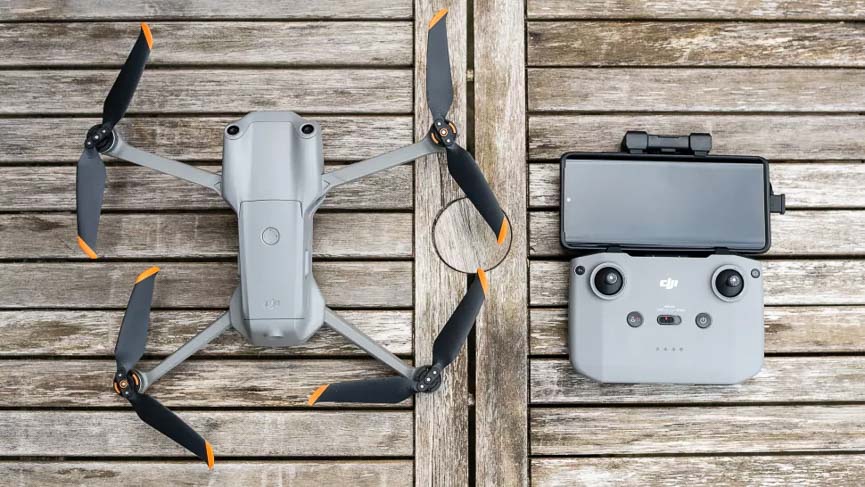
(Image credit: Future)
Buy it if…
You want the smallest drone with a 1-inch sensor
Thanks to its 595g weight and folding design, the Air 2S is the smallest and lightest consumer drone available with a 1-inch sensor. This means you can enjoy excellent image quality and comfortably take the drone away on trips.
You shoot in low light
When you’re shooting with a drone around sunrise and sunset, shutter speeds can become slow, which can then result in camera shake if there’s wind. One of the great things about the Air 2S, though, is the excellent high ISO noise handling, which means you can confidently shoot at higher settings.
You want a drone featuring AirSense
DJI AirSense is an alert system that uses ADS-B technology to alert drone pilots of nearby aircraft with ADS-B transmitters. The aim is to make drone flights safer and to reduce the risk of air incursions, and it’s a great thing to have for peace of mind.
Don’t buy it if…
You need aperture control
While the Air 2S matches the Mavic 2 Pro’s 1-Inch sensor, it lacks the latter’s adjustable aperture. This means that the only way to control exposure during video capture on the Air 2S is to use ND filters. This is no deal-breaker, but it takes longer to change an ND filter than it does to change the f-stop on the Mavic 2 Pro.
You recently bought the Mavic Air 2
The Mavic Air 2 is less than a year old and provides many of the same features as the Air 2S. Of course, there are new features that on the new model, including the 1-inch sensor, 8x digital zoom and MasterShots flight modes, but the Air 2 remains a highly capable drone.
You want to use it with the DJI Goggles V2.0
Despite rumors to the contrary, the Air 2S isn’t compatible with the DJI Goggles V2.0. DJI has told us that it’s “theoretically” possible that the Air 2S could support the video headset in the future, but if you want to get a bird’s-eye view from the Air 2S, you could either use a third-party option or just buy the DJI FPV instead.
Source: Techradar

